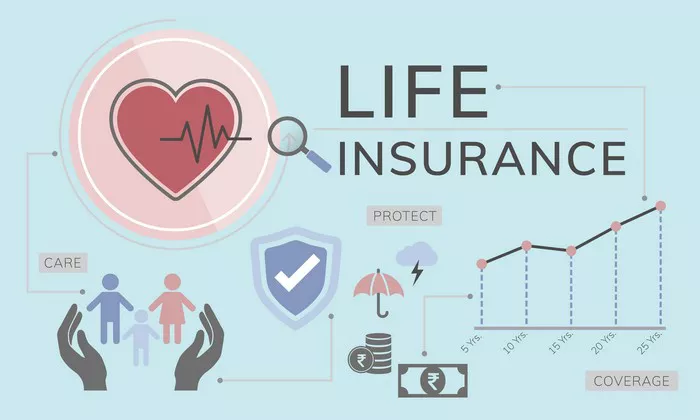Disclaimer: Accessing someone’s life insurance information might have legal limitations and privacy concerns depending on the situation and relationship to the deceased.
Losing a loved one is an emotionally challenging time, and amidst the grieving process, there are practical matters that need attention, such as determining if the deceased had life insurance coverage. However, accessing this information can be complex and sensitive, requiring careful navigation of legal considerations and privacy concerns. In this guide, we will explore various methods for beneficiaries to ascertain whether a deceased individual had a life insurance policy, providing a roadmap for those facing this daunting task.
Check Personal Belongings
One of the initial steps in discovering if someone had life insurance is to search through their personal belongings. While it may seem intrusive, this process is crucial for uncovering important documents that could shed light on the existence of a policy. Begin by examining files, folders, and storage boxes in the deceased’s home, paying close attention to any paperwork related to financial matters.
Bank statements can be particularly informative, as they may reveal regular premium payments to an insurance company. Additionally, scouring through safety deposit boxes, if accessible, might yield valuable policy documents or correspondence from insurance providers. Even seemingly insignificant paperwork could lead to the discovery of a life insurance policy, so thoroughness is key during this process.
Contact Known Insurance Companies
If the deceased individual had other types of insurance policies, such as auto or homeowners insurance, it’s advisable to contact those insurance companies to inquire about the existence of a life insurance policy. While there may not be a direct correlation between different types of insurance coverage, insurers often maintain records of their clients’ policies across various lines of coverage.
When reaching out to insurance companies, be prepared to provide relevant information, such as the deceased’s full name, date of birth, and Social Security number. This information will assist the insurer in locating any potential life insurance policies associated with the deceased. While this method may not always yield immediate results, it is a proactive step in the search process.
Utilize Policy Locator Services
In cases where beneficiaries are unable to locate a life insurance policy through conventional means, there are specialized services available to assist in the search. One such service is the National Association of Insurance Commissioners (NAIC) Life Insurance Policy Locator Service. This free service helps individuals search for lost or unclaimed life insurance policies by submitting a request through the NAIC website.
Upon receiving a request, the NAIC works to match the information provided with participating insurance companies’ records. If a match is found, the insurance company will contact the beneficiary directly. While the success rate of these services varies, they offer an additional avenue for beneficiaries to explore when traditional methods prove unsuccessful.
Seek Legal Assistance
In situations where beneficiaries encounter obstacles or require legal guidance during the process of finding out if someone had life insurance, seeking professional legal assistance is advisable. An experienced attorney can provide valuable insight into the legal complexities surrounding life insurance policies, including issues related to probate, beneficiary designation disputes, and estate administration.
Additionally, legal professionals can offer guidance on navigating privacy concerns and complying with relevant laws and regulations governing access to the deceased’s financial information. By enlisting the services of a knowledgeable attorney, beneficiaries can ensure that their rights are protected throughout the process and that any legal hurdles are addressed effectively.
Conclusion
In conclusion, determining if a loved one had life insurance requires diligence, patience, and often, outside assistance. By thoroughly examining personal belongings, contacting known insurance companies, utilizing policy locator services, and seeking legal guidance when necessary, beneficiaries can increase their chances of discovering any existing life insurance policies. While the process may be challenging, the peace of mind gained from knowing that appropriate financial protections are in place for the deceased’s beneficiaries can provide a measure of comfort during a difficult time.


